IT Solutions: 3 You Can Live Without
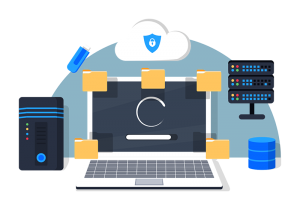
With continued, rapid change and evolution of the cloud services and capabilities, we hear that we “need” many things. The reality, however, is that many of the “solutions” being hyped are not really needed. In our recent blog post, we offered three IT solutions you need. But in this blog post, we will share three solutions you can do without.
1 3rd Party Conference Tools
Both Microsoft and Google Workspace, with Teams and Meet, include robust audio and video conferencing services. There was a time when third-party services like Zoom offered unique features. However, capabilities such as transcription, translation, break-out rooms, and Q&A panels are now a part of Teams and Meet.
Notably, some of the advanced features of Teams and Meet, such as streaming, come with upgraded Microsoft 365 and Google Workspace licenses. These upgrades are generally less expensive than third-party services.
2 Physical Desk Phones
While some of us may have an emotional attachment to the physical phone on our desks, for many, these devices feel like clutter. The way we make and receive calls has changed. Our devices should change as well.
Features like hot links, click-to-dial, and voice dialing are available within the apps and browsers on our computers and phones. Smartphone apps let us make and receive business calls without sharing our personal phone numbers and maintaining separation between personal and business text messaging and voicemail.
Headsets and speaker/microphones give us hands-free access to our phone systems at our desks, from our smartphones, and in our cars and trucks.
3 Unsecure Artificial Intelligence
You do not need unsecure AI. Even so, you and your team likely want to use it.
Chances are, you and members of your team may already be using Chat-GPT, AI meeting assistants, and other AI-powered tools.
The challenge is that most public AI tools are not secure. Using them likely violates confidentiality and nondisclosure clauses in contracts. Using them may also put you in violation of HIPAA, PCI, and other data privacy laws and regulations.
Before jumping into AI as a company, and before “Shadow AI” (unvetted tools) gets out of hand, develop an AI strategy and plan. Begin with identifying use cases and understanding how to ensure data security, privacy, and compliance. Pilot solutions and educate/train your team.
Copilot and Gemini AI both offer artificial intelligence tools that integrate with Microsoft 365 and Google Workspace, respectively. These are secure tools that use the permissions capabilities of the ecosystems.
What to Do:
Contact us or schedule time with one of our Cloud Advisors. Without obligation, we are happy to discuss your business and IT services. We can also map out opportunities to save money and leverage AI, along with other emerging technologies.
If you are interested in three solutions you need, jump over to this post.
About the Author
 Allen Falcon is the co-founder and CEO of Cumulus Global. Allen co-founded Cumulus Global in 2006 to offer small businesses enterprise-grade email security and compliance using emerging cloud solutions. He has led the company’s growth into a managed cloud service provider with over 1,000 customers throughout North America. Starting his first business at age 12, Allen is a serial entrepreneur. He has launched strategic IT consulting, software, and service companies. An advocate for small and midsize businesses, Allen served on the board of the former Smaller Business Association of New England, local economic development committees, and industry advisory boards.
Allen Falcon is the co-founder and CEO of Cumulus Global. Allen co-founded Cumulus Global in 2006 to offer small businesses enterprise-grade email security and compliance using emerging cloud solutions. He has led the company’s growth into a managed cloud service provider with over 1,000 customers throughout North America. Starting his first business at age 12, Allen is a serial entrepreneur. He has launched strategic IT consulting, software, and service companies. An advocate for small and midsize businesses, Allen served on the board of the former Smaller Business Association of New England, local economic development committees, and industry advisory boards.
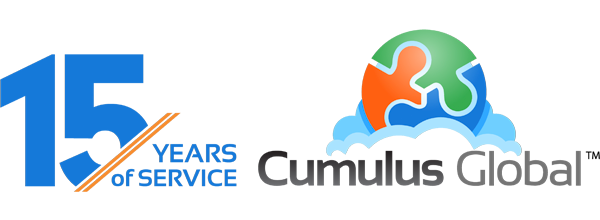
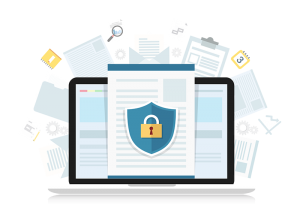
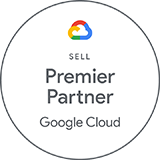

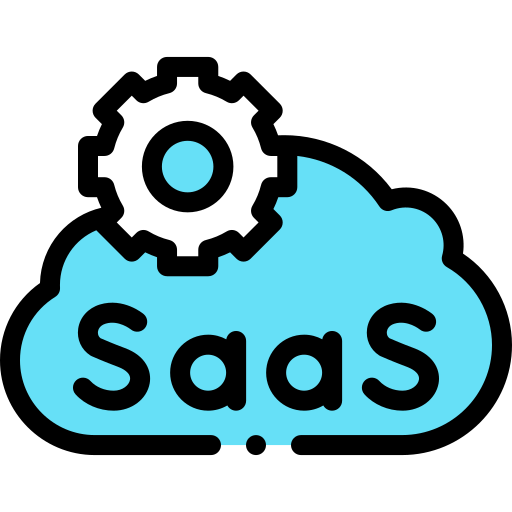 The term “SaaSOps” was first coined by David Politis, founder of BetterCloud. SaaSOps, short for
The term “SaaSOps” was first coined by David Politis, founder of BetterCloud. SaaSOps, short for 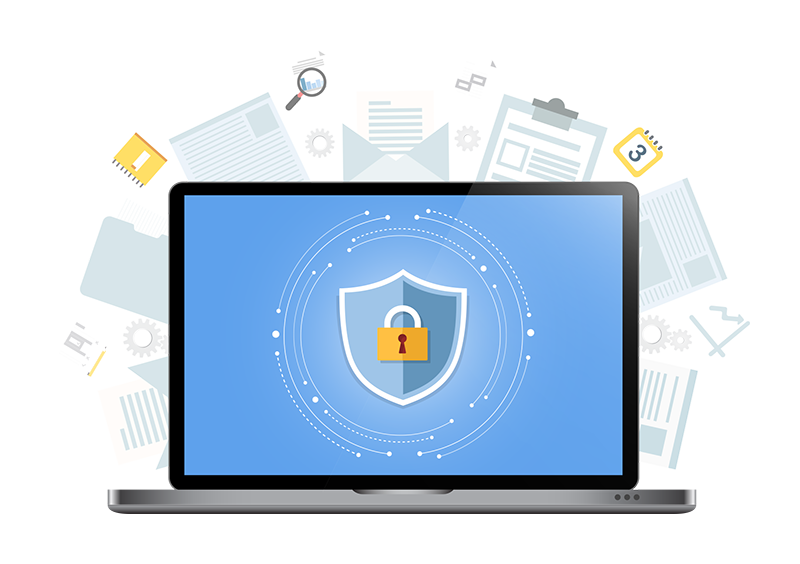 In any client environment, it is critical for you to protect your admin account with current security best practices. Most
In any client environment, it is critical for you to protect your admin account with current security best practices. Most  Christopher Caldwell is the COO and a co-founder of Cumulus Global. Chris is a successful Information Services executive with 40 years experience in information services operations, application development, management, and leadership. His expertise includes corporate information technology and service management; program and project management; strategic and project-specific business requirements analysis; system requirements analysis and specification; system, application, and database design; software engineering and development, data center management, network and systems administration, network and system security, and end-user technical support.
Christopher Caldwell is the COO and a co-founder of Cumulus Global. Chris is a successful Information Services executive with 40 years experience in information services operations, application development, management, and leadership. His expertise includes corporate information technology and service management; program and project management; strategic and project-specific business requirements analysis; system requirements analysis and specification; system, application, and database design; software engineering and development, data center management, network and systems administration, network and system security, and end-user technical support.